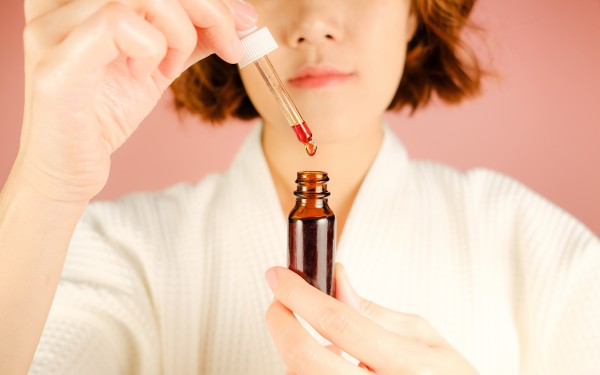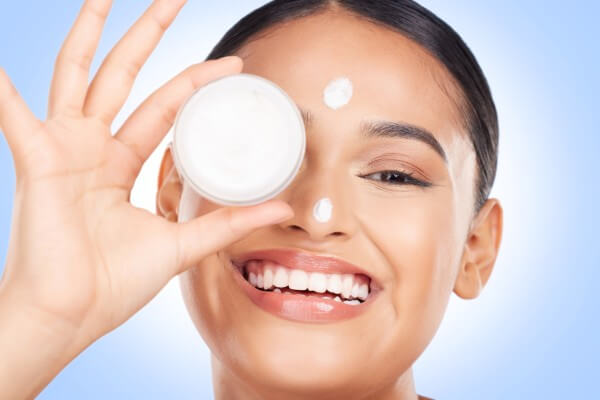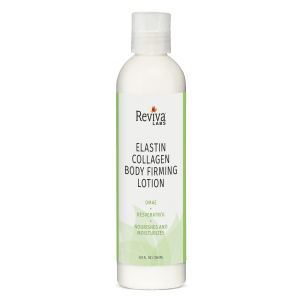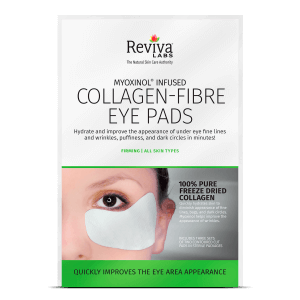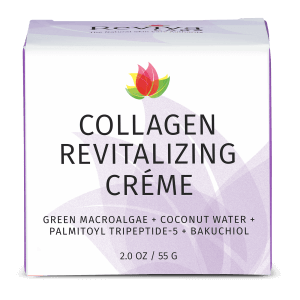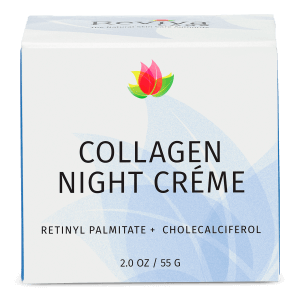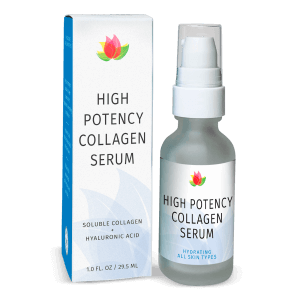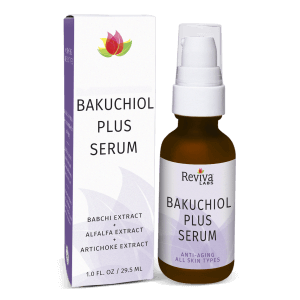-
×
 Rejuvenating Firming Hydration Boxed Gift Set
1 × $39.00
Rejuvenating Firming Hydration Boxed Gift Set
1 × $39.00
Clean Beauty, Natural, Reviva Labs, Skin Care
The Collagen Advantage: Why Your Skin Loves This Power Protein
By the time most people hit their mid-20s, their body starts making less collagen—about 1% less every year. It doesn’t sound like much, but over time, that slow drop-off starts to show up in the mirror. Skin can look thinner, feel less firm, and fine lines may start creeping in. Collagen is what gives skin its structure, bounce, and that smooth texture we all want to hold on to. And while you can’t stop the natural aging process, you can give your skin some backup by using products that contain collagen.
Let’s talk about why collagen matters so much, the types that show up in skincare products, and how to layer them the right way.
What Collagen Actually Does for Your Skin
Collagen is a protein your body makes naturally. In fact, it’s the most common protein in the body—found in skin, bones, muscles, and even tendons. In your skin, it’s what keeps everything looking firm and plump. But like a lot of good things, production slows with age. Toss in UV damage, pollution, and stress, and collagen breaks down even faster.
So what happens when collagen drops? Skin gets less elastic. Wrinkles show up more easily. The overall texture can become rougher or duller. That’s where topical collagen products can help—especially when combined with other ingredients that support your skin’s natural repair process.
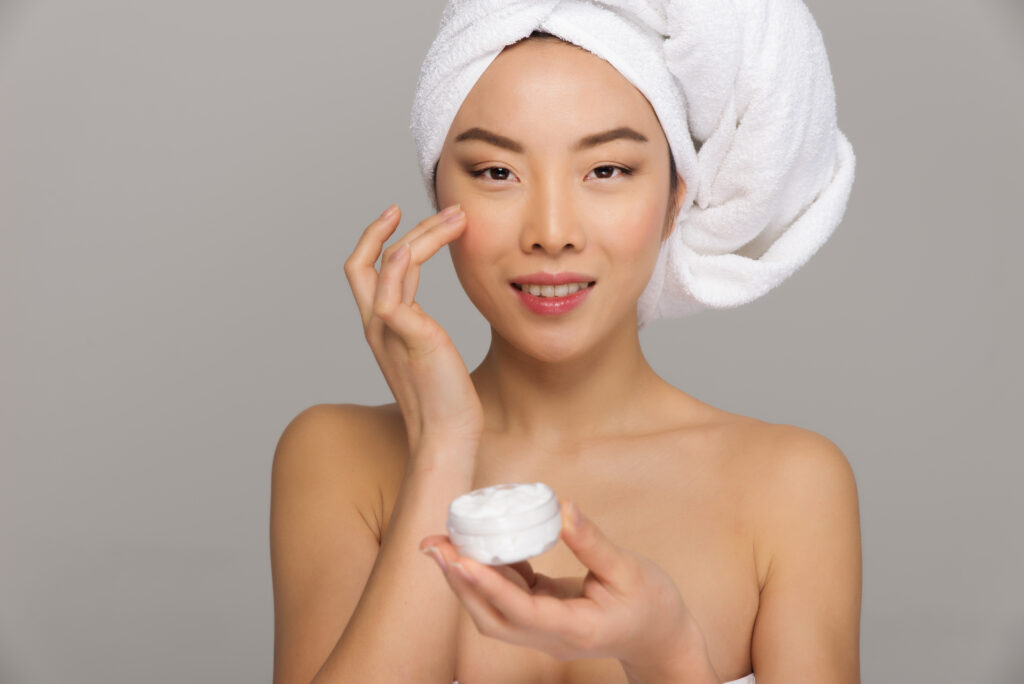
Not All Collagen Is the Same
The kind of collagen you see in skincare isn’t a one-size-fits-all situation. Here’s a breakdown of what’s out there and what each form can do for your skin.
Native Collagen
This type is the “whole” version of the protein—large molecules that sit on top of your skin. Because of their size, they don’t absorb well, but that’s okay. They form a film on your skin that helps lock in moisture and smooth out surface texture. It’s great for hydration and giving your skin a protective boost.
Hydrolyzed Collagen
Also called collagen hydrolysate, this version is broken down into smaller pieces called peptides. These smaller bits can go deeper into the skin and help improve elasticity, hydration, and softness. Many serums use this form to target fine lines and overall texture.
Collagen Peptides
Even smaller than hydrolyzed collagen, these tiny chains of amino acids help signal your skin to start producing more collagen on its own. Some studies suggest they can support skin firmness and smoothness when used consistently.
Recombinant Collagen
Made in labs using yeast or plant cells, recombinant collagen is a vegan-friendly option that mimics human collagen. It’s clean, stable, and works well in moisturizers or treatments for softening and hydrating skin.
What About Collagen Types?
Beyond the form, there are actual types of collagen your body uses—and some are more relevant to skincare than others.
- Type I: The most common kind found in skin, it’s responsible for strength and structure. If you’re trying to firm up or smooth out your skin, this is the type you want.
- Type III: Usually found alongside Type I, it helps with skin elasticity and recovery. Products aimed at improving skin texture often include this one.
- Type V: Plays a role in creating the scaffolding for new cells and maintaining healthy skin. It’s also found in hair and the placenta, so it’s important for cellular health, not just surface-level beauty.
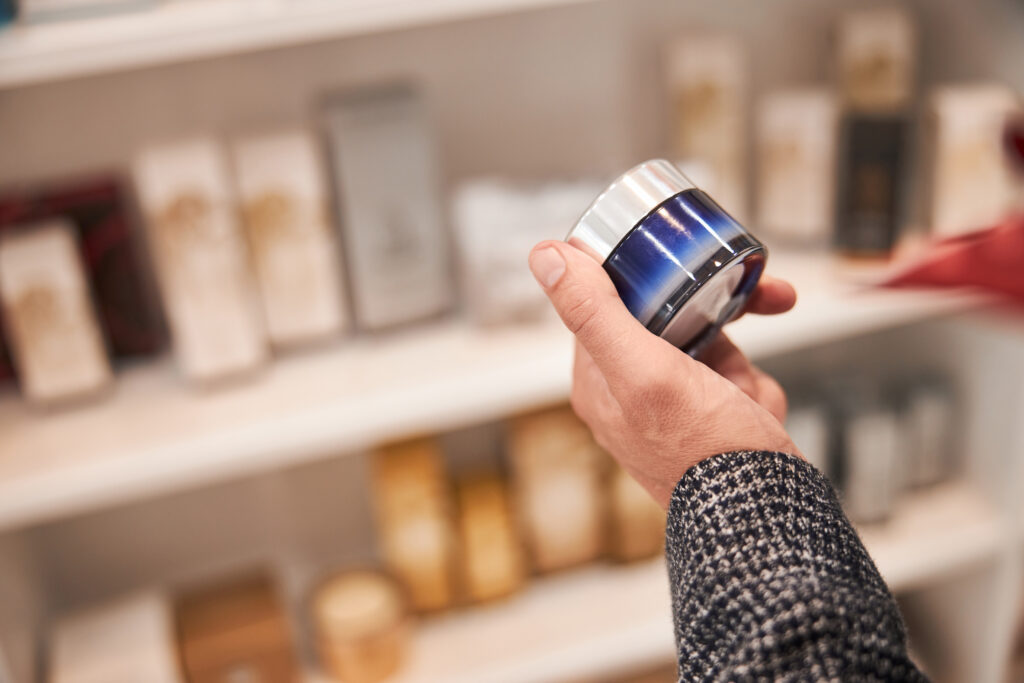
How to Layer Collagen Products Like a Pro
It’s not just what you use—it’s how you use it. Layering your products in the right order can make a big difference in how well they work. If you’re using more than one collagen-infused product, here’s how to get the most out of your routine:
- Cleanser – Start with a gentle cleanser to wash away dirt, oil, and leftover makeup.
- Toner – If you use one, this helps prep your skin and add a splash of hydration.
- Serum – Apply your collagen serum here. If it’s made with peptides or hydrolyzed collagen, it’ll go deeper into the skin.
- Moisturizer – Follow with a moisturizer that may contain native or recombinant collagen. This helps seal in everything underneath.
- Sunscreen (AM only) – UV rays break down collagen fast. A broad-spectrum SPF protects all your good work.
Layering this way allows your skin to get the full benefit from both surface hydration and deeper support for collagen production.
Want Better Results? Pair It with These Ingredients
Using collagen on its own is great, but it gets even better when paired with other ingredients that support or boost its function. Here are some of the MVPs:
- Vitamin C: Helps your body build collagen. It’s also a brightener and antioxidant that protects your skin from free radical damage.
- Hyaluronic Acid: A moisture magnet that helps plump the skin. It makes collagen-infused products even more effective by keeping everything hydrated.
- Peptides: Signal your skin to create more collagen naturally. They’re like personal trainers for your skin cells.
- Niacinamide: Supports skin barrier health, reduces redness, and improves tone—all of which pair nicely with collagen’s smoothing effects.
What Science Says
There’s real data behind the benefits of collagen. One study published in the Journal of Drugs in Dermatology found that topical collagen peptides improved skin hydration and elasticity in just eight weeks.
Another study from Nutrients looked at oral collagen and found similar results—smoother skin, fewer wrinkles, and better hydration after consistent use. While these studies focused on both oral and topical delivery, they show that collagen in any form can give your skin extra support—especially when paired with the right ingredients and used regularly.
What to Expect When You Stick with It
Collagen products aren’t instant magic, but they are worth the commitment. If you’re applying them consistently—especially ones with hydrolyzed collagen or peptides—you can expect to see:
- Smoother skin texture
- Better hydration
- Less visible fine lines
- A firmer, more lifted look
Most people start noticing changes around the four-to-eight-week mark, but the results continue to build over time. Think of collagen as a long-game strategy, not a quick fix.




